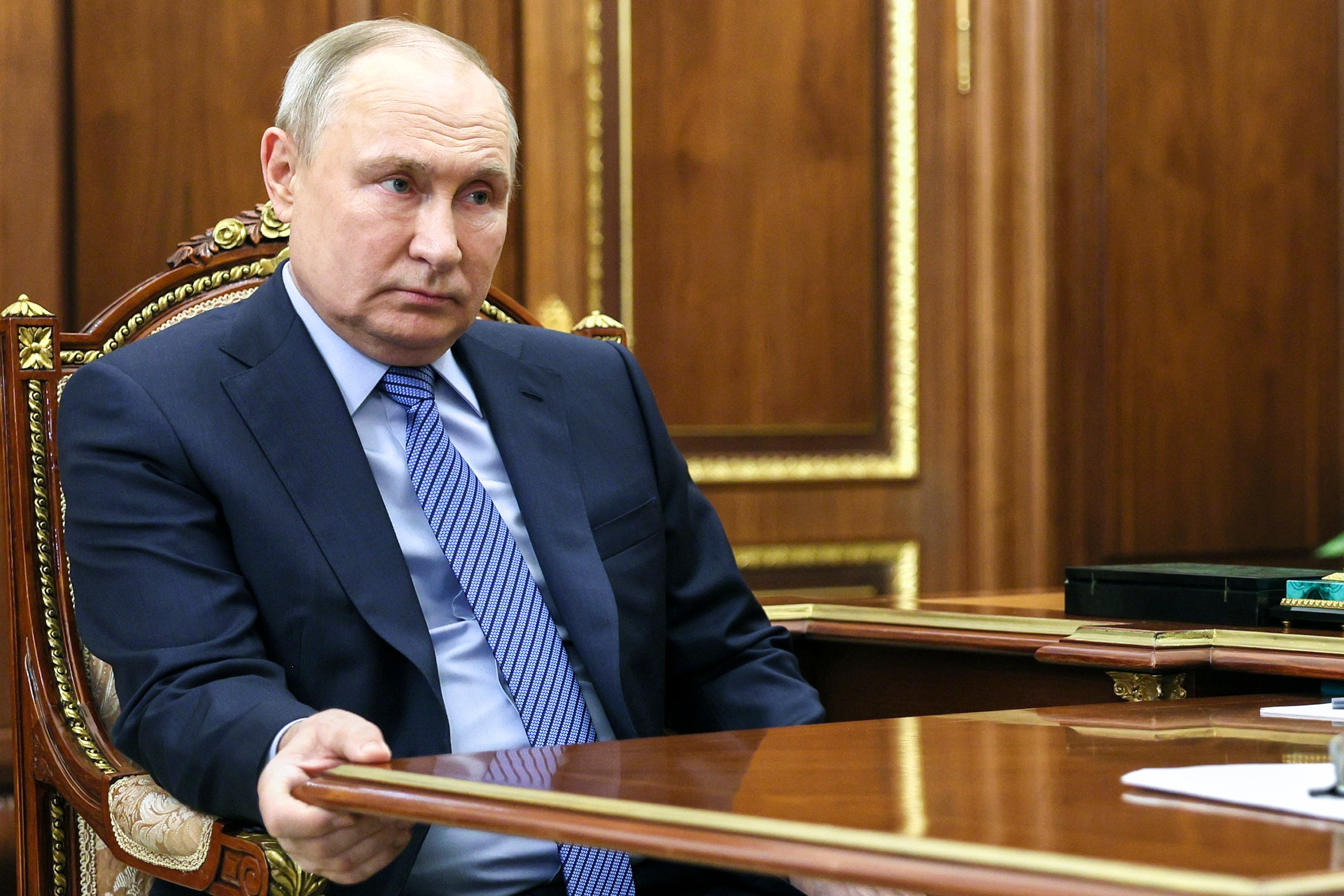Russian upper house approves bill to confiscate assets of those convicted of discrediting the army
The upper house of Russia’s parliament has endorsed a bill that would allow authorities to confiscate money, valuables and other assets from people convicted of spreading “deliberately false information” about the country’s military

Your support helps us to tell the story
From reproductive rights to climate change to Big Tech, The Independent is on the ground when the story is developing. Whether it's investigating the financials of Elon Musk's pro-Trump PAC or producing our latest documentary, 'The A Word', which shines a light on the American women fighting for reproductive rights, we know how important it is to parse out the facts from the messaging.
At such a critical moment in US history, we need reporters on the ground. Your donation allows us to keep sending journalists to speak to both sides of the story.
The Independent is trusted by Americans across the entire political spectrum. And unlike many other quality news outlets, we choose not to lock Americans out of our reporting and analysis with paywalls. We believe quality journalism should be available to everyone, paid for by those who can afford it.
Your support makes all the difference.After a brief discussion, the upper house of Russia’s parliament on Wednesday endorsed a bill that would allow authorities to confiscate money, valuables and other assets from people convicted of spreading “deliberately false information” about the country’s military.
The bill, which was approved equally quickly by the lower house last week, is expected to receive Russian President Vladimir Putin’s signature and become law soon.
The lower house speaker, Vyacheslav Volodin, has said the measure would strengthen the punishment for the “traitors who sling mud at our country and our troops” and “strip those scoundrels of honorary titles, confiscate their assets, money and other valuables.”
Russian officials have used the existing law against “discrediting” the military that covers offenses such as “justifying terrorism” and spreading “fake news” about the armed forces to silence Putin’s critics. Multiple activists, bloggers and ordinary Russians have received long prison terms.
The new confiscation law would apply to people who are convicted of publicly inciting “extremist activities” and calling for actions that would hurt the security of the state or “discrediting” the armed forces. Discrediting the Russian military became a criminal offense under a law adopted as part of a sweeping government crackdown on dissent after Moscow sent troops into Ukraine in February 2022.
The bill does not include real estate among the assets subject to seizure. Draconian Soviet-era legislation authorized the seizure of housing for a variety of criminal offenses.